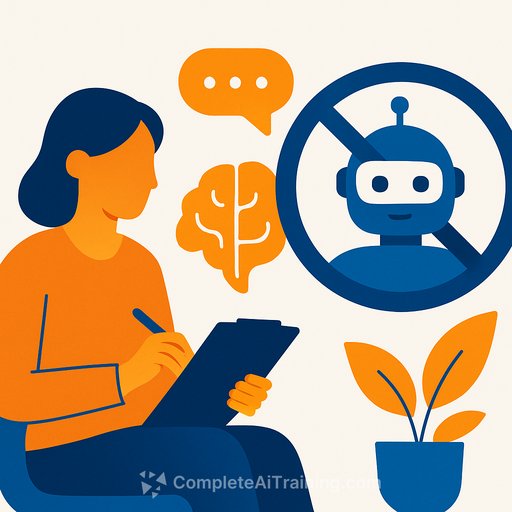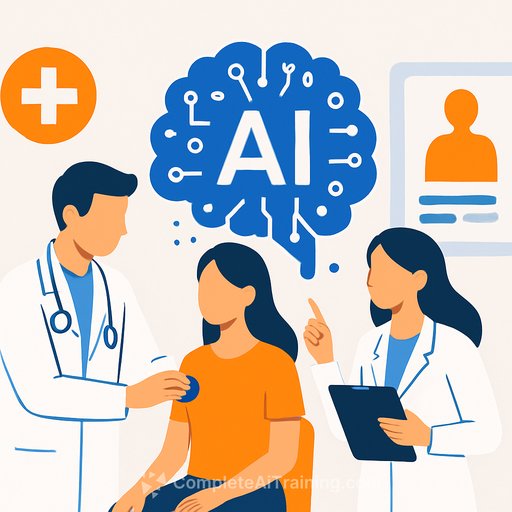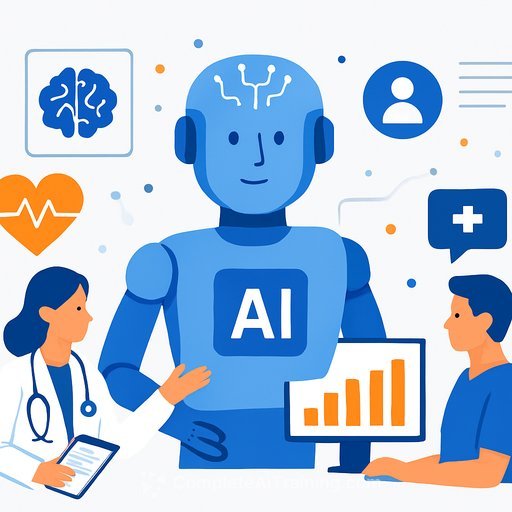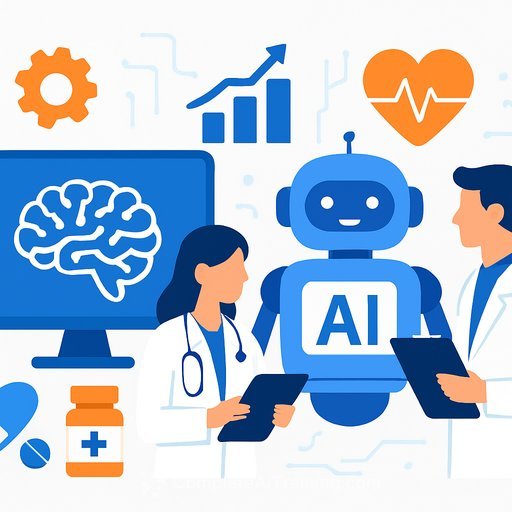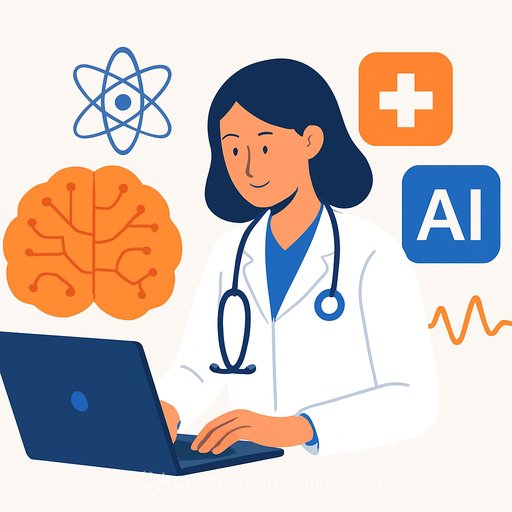Illinois Legislation on AI in Mental Health
Earlier this month, Illinois Governor JB Pritzker signed a law banning the use of artificial intelligence (AI) for mental health or therapeutic decision-making without supervision by licensed clinicians. This move places Illinois among several states taking steps to regulate AI's role in behavioral health care and patient communications.
Across the United States, more than 250 bills addressing AI in health care have been introduced at the state level, according to WESA radio. Health professionals and journalists can explore local legislative developments, interview lawmakers and providers, or review national trends. The National Conference of State Legislatures maintains a resource tracking AI legislation in areas like health insurance, communication, and education.
Details of the Illinois Law
The Wellness and Oversight for Psychological Resources Act in Illinois prohibits individuals and organizations from offering psychotherapy services to the public unless conducted by licensed professionals. Violations can result in civil penalties up to $10,000. However, the law allows AI use for administrative tasks and supplementary support for behavioral health providers, as reported by Mobihealth News.
The legislation passed unanimously in the Illinois General Assembly. Its primary goals are to protect patients from unregulated AI products and to preserve jobs for qualified behavioral health workers. It also addresses concerns about AI chatbots interacting with children in mental health contexts, noted by Healthcare Finance.
Mario Treto Jr., secretary of the Illinois Department of Financial and Professional Regulation, emphasized the importance of professional care: “The people of Illinois deserve quality health care from real, qualified professionals and not computer programs that pull information from all corners of the internet to generate responses that harm patients.”
Concerns about therapy from AI chatbots include cases where these systems engaged in harmful conversations or where users unknowingly shared sensitive information, according to The Washington Post.
Other States Taking Action
- Nevada: Passed a law similar to Illinois in June, banning AI providers from claiming their systems can replace professional mental or behavioral health care. Violators face civil penalties of $15,000.
- Utah: Enacted regulations that prevent mental health chatbot suppliers from selling or sharing users’ health data with third parties. Chatbots must clearly disclose that they are AI and not humans, and advertisements must be clearly marked.
- Pennsylvania: Proposed a bill requiring parental consent before children receive virtual mental health services from school entities, including AI-driven behavioral support.
- New Jersey: Considering legislation to prohibit AI developers from advertising their products as mental health professionals.
- California: The state Senate is reviewing a bill to establish a mental health and AI working group.
AI Regulation Expands to Other Health Care Areas
States are also addressing AI use beyond mental health, targeting patient communication and decision-making in health care:
- Colorado: Starting February 2026, “high-risk” AI systems affecting consequential decisions in health care and other sectors must follow formal risk management frameworks, according to HR Dive.
- Utah: Senate Bill 226 requires clinical labs and health care entities to disclose AI use when patients inquire or when AI is used in high-stakes communications like diagnostic results, reported by Dark Daily.
- California: Assembly Bill 3030 mandates that any generative AI used to produce patient clinical communications include disclaimers indicating AI involvement and instructions on how to contact a human clinician.
- Texas: A law effective September 2025 requires providers using AI-generated recommendations for diagnosis or treatment to verify their accuracy before adding them to electronic health records.
- Pennsylvania: Legislators plan to introduce a bill requiring disclosure of AI use by insurers, hospitals, and clinicians. Providers must also demonstrate efforts to minimize bias and discrimination in AI systems.
Healthcare professionals working with AI tools should stay informed on these evolving regulations to ensure compliance and maintain patient trust. For those interested in expanding their knowledge on AI applications in healthcare, Complete AI Training offers up-to-date courses designed for healthcare roles.
Your membership also unlocks:

